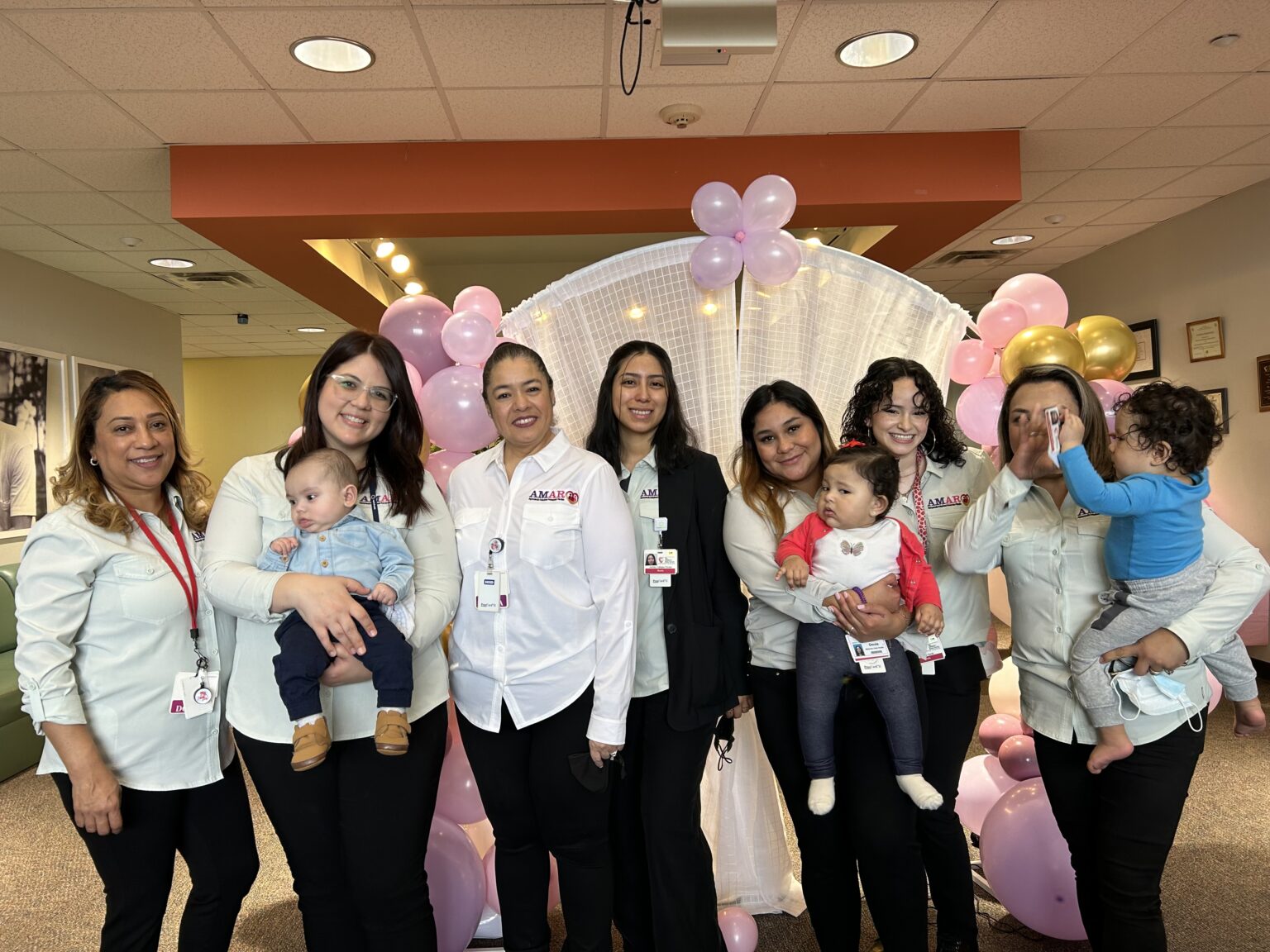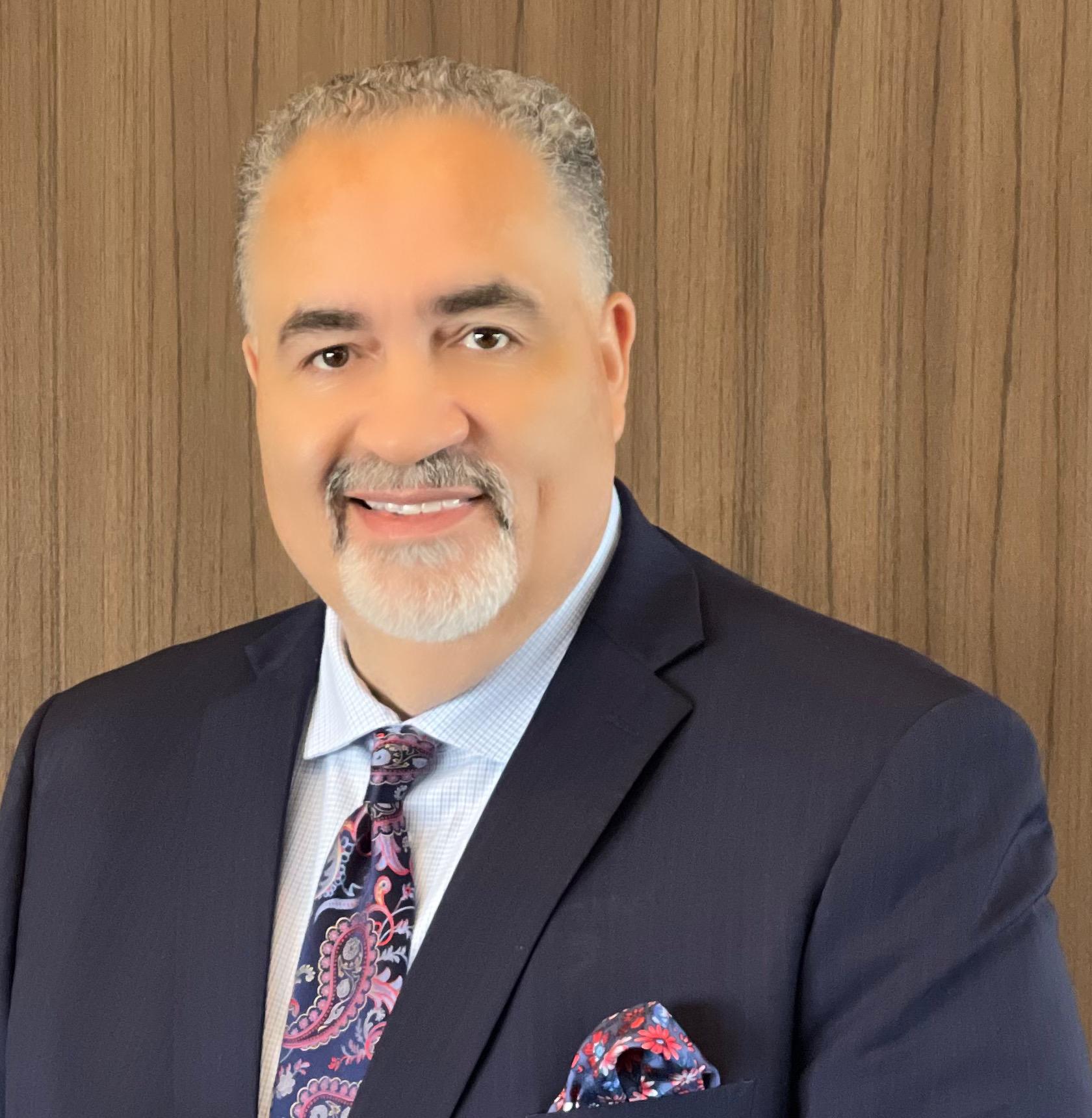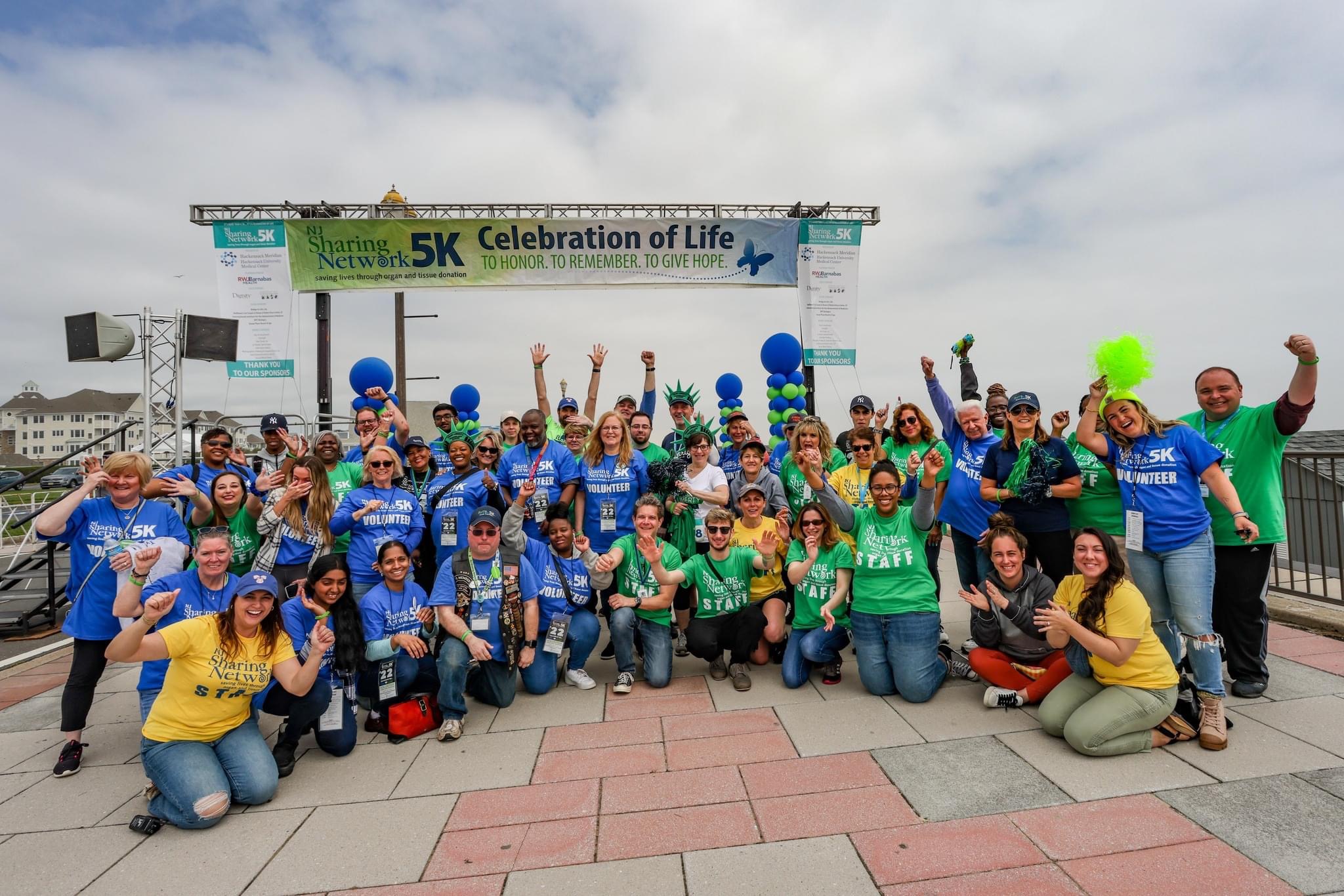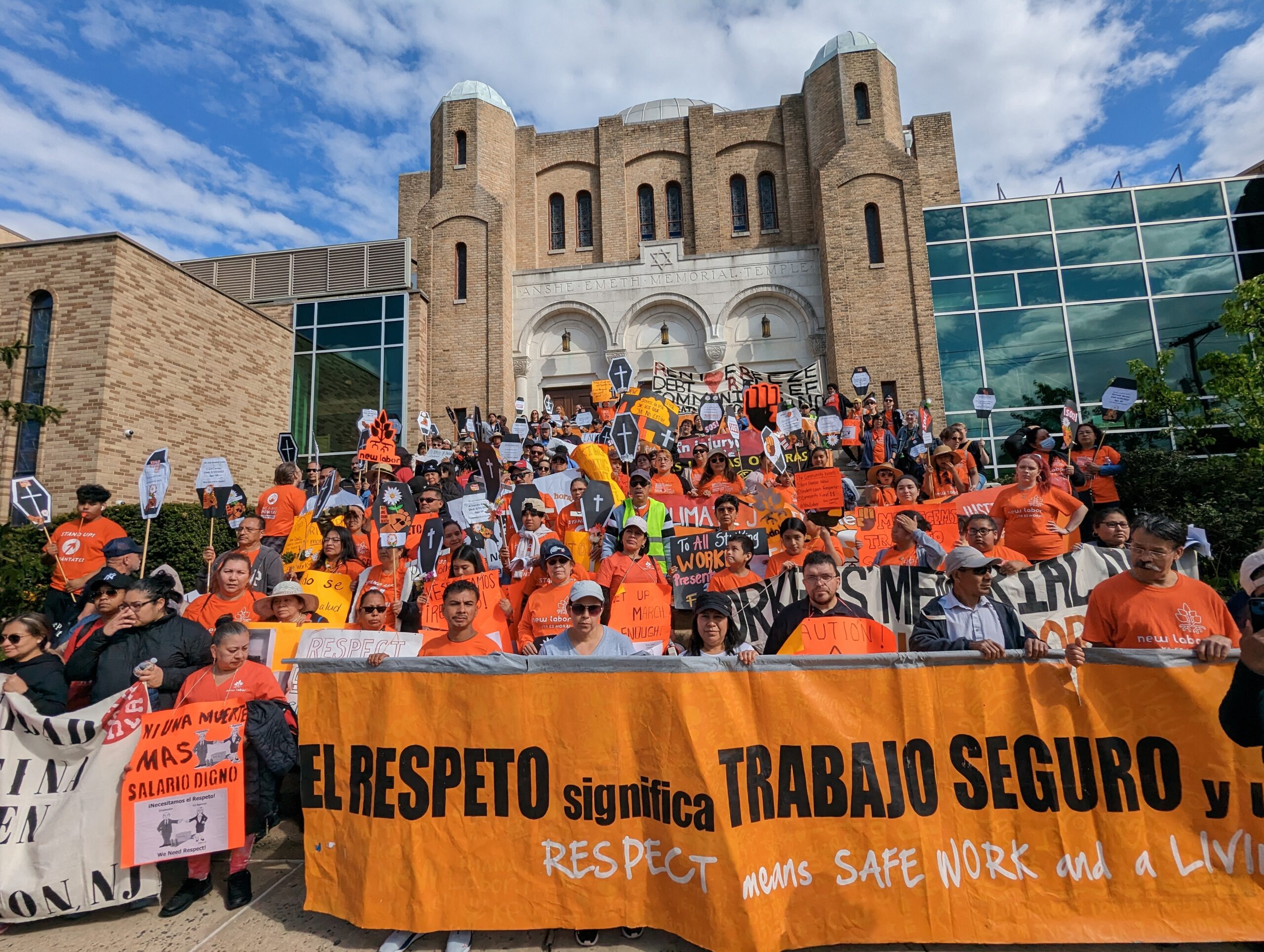






 Iran attacks Israel!
Iran attacks Israel! 









JLo




Latest Articles

- April 19, 2024
- United Nations
US vetoes Palestine UN Membership!

- April 17, 2024
- Community
Perinatal Health with Doulas

- April 17, 2024
- Champions League
Mbappe Tows PSG to Semifinals!

- April 17, 2024
- Champions League
Borussia Dortmund to Semifinals

- April 16, 2024
- España, Medio Ambiente, Reciclaje
Reutilización, nuevo paso adelante del reciclaje

- April 16, 2024
- Community, New Jersey
MCRCC’s Leaders of Distinction

- April 15, 2024
- Premier League
Crystal Palace defeats Liverpool

- April 15, 2024
- Golf
World Number One S. Scheffler

- April 14, 2024
- LaLiga
Atletico de Madrid beats Girona

- April 14, 2024
- Economy, Hispanics in USA
Hispanic Home Landlords

- April 13, 2024
- Iran, Israel Palestine
Iran attacks Israel!
Most Popular

- April 19, 2024
US vetoes Palestine UN Membership!

- March 24, 2023
Newark’s Fashion Show

- April 18, 2023
Liberty Park Opportunity Fight

- April 22, 2023
A letter from Congressman Frank Pallone Jr.

- April 22, 2023
May 20 Celebration of Life Race

- April 24, 2023



